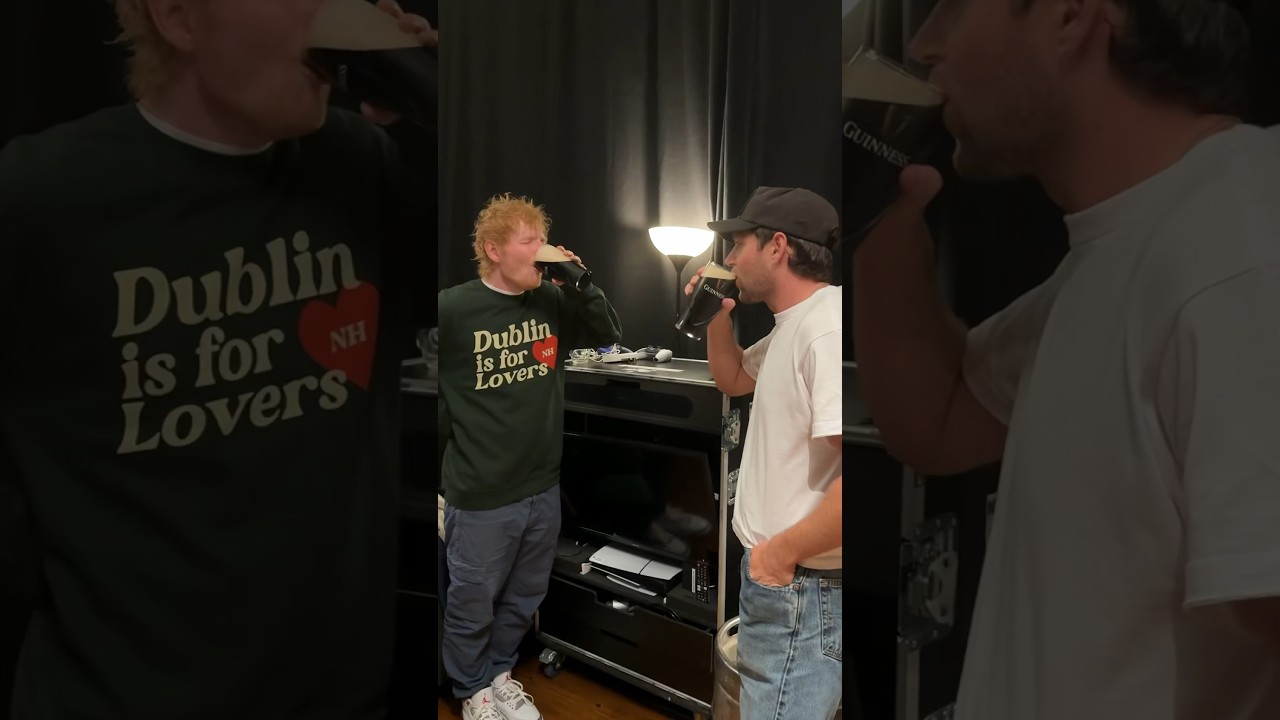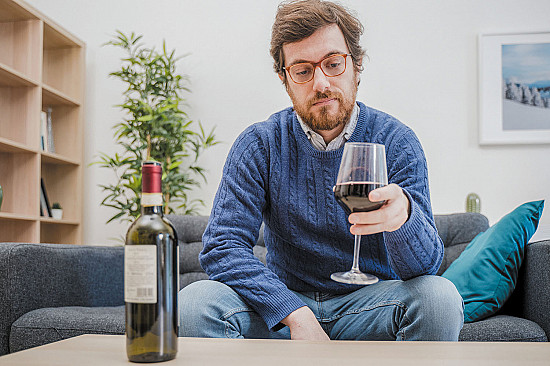Interesting choice of a quote, considering the next sentence is “Or at least we don’t fully understand the dangers of even moderate alcohol use.”
As for what I know, I am relying on the advice of a well-respected cardiologist/ electrophysiologist/ physicist who, among other things, was the director of one of the most prominent electrophysiology labs in the world. He explained to me a few years ago that it has become increasingly clear that even moderate alcohol consumption can exacerbate/trigger AFib episodes in those with AFib, and recommends to some of his AFib patients that they quit drinking if they are willing to do do so.
I didn’t argue with him or make him provide me with his sources, but I assume he was referring to the studies like those described (but not cited) here . . .
For people who already have afib, alcohol appears to have a nearly instantaneous effect on their heart rhythm, according to a recent study. People in the study wore heart rate monitors and special ankle sensors to measure their alcohol intake. Researchers found that a single drink doubled the odds of a bout of afib occurring within the next four hours.
In yet another study, researchers created three-dimensional structural maps of the left atrium (one of the two upper chambers of the heart) in people with afib. Compared with light drinkers and nondrinkers, moderate drinkers had more evidence of scarring and electrical signaling problems in their atria. The severity of those problems was directly linked to the severity of afib among the participants.
The bottom line is that even small amounts of alcohol may harm your heart, which is why avoiding alcohol or limiting yourself to an occasional drink on special occasions may be the safest approach. Alcohol use is linked to many other health threats, including car accidents, violence, high blood pressure, and various cancers, and the risks rise in tandem with the amount you drink.
Describing (and citing) same or similar studies (gift link) . . .
The scientists found that drinking alcohol heightened the odds that a person would have an episode of atrial fibrillation, or an abnormal heart rhythm, within the next few hours. And the more they drank, the greater their likelihood of having an arrhythmia. The new study was published on Monday in the Annals of Internal Medicine. The conclusions, along with data from previous studies, suggest that people with a history of atrial fibrillation could reduce their chances of developing arrhythmias by cutting back on alcohol or avoiding it altogether.
Yes there is such evidence. See the NYTimes article above for a description of the issue with past studies dealing with the impact of alcohol, and how the current studies address these issues.
Nope. There are plenty of other lifestyle differences between the Germany the US that may explain the differences. I do scratch my head that you insist I should produce peer reviewed studies, but then turn around and rely on anecdotes such as this one.


